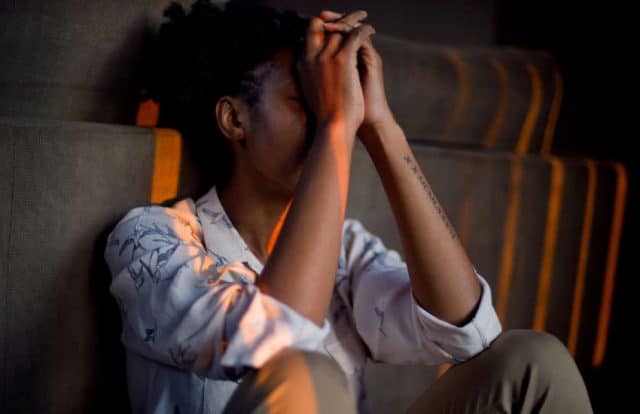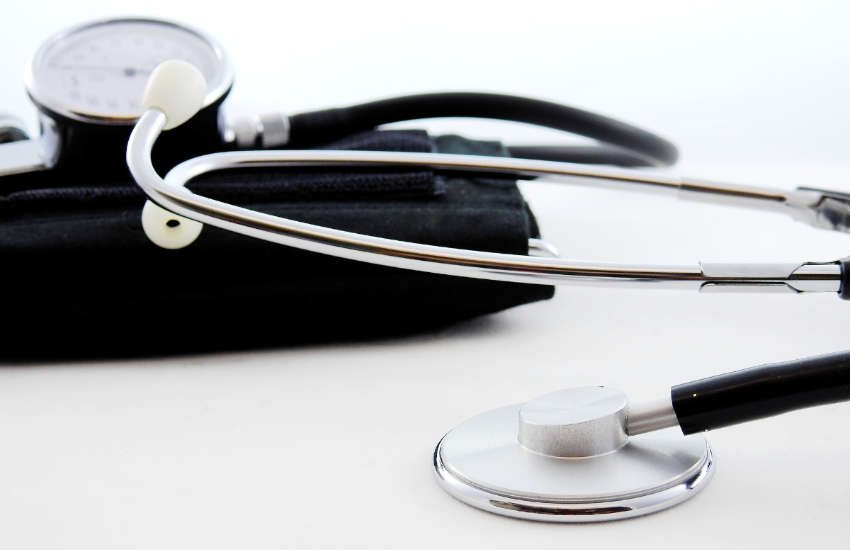
Lesbian, bisexual and queer women with previous history of cancer suffer lower rates of survival, according to a new study.
The American Cancer Society published the study yesterday (20 May) in peer-reviewed journal, .
It found adults with poor access to care have worse quality of life. But sexual minority women are particularly at risk.
Among 70,524 cancer survivors, a total of 1,931 self‐identified as sexual minorities (lesbian, gay, bisexual or ‘other’ non-heterosexual orientation).
Of the lesbian, bisexual and queer women, 42.7% said they had difficulty in accessing care. This compares to 28% for heterosexual women.
LBQ women were more likely to report having no health insurance, being without a personal physician, avoiding medical care due to costs, and being without an annual medical visit.
The study found gay, bisexual and queer men also suffer lower rates of survival than their heterosexual counterparts, but the disparity is far greater for women.

Photo: Pixabay
‘Our study shows that sexual minority women suffer from poor access to care and that this is linked to worse quality of life,’ said Dr Ulrike Boehmer. ‘This calls for policy changes to improve access to care for sexual minority cancer survivors.’
The study’s findings also point to an opportunity for clinicians to address difficulties in access to care with patients during treatment discussions, or at the completion of cancer therapy and during follow up visits.
‘Clinicians who are aware of these disparities and address them during clinic visits may have an impact on sexual minority women’s survival rates, which are lower than their heterosexual counterparts’ rates,’ Dr Boehmer said.
, half of cancer doctors in the US are unprepared to address and treat the specific needs of their LGBTI patients.
Several authors published the report in the .
As it explains, the purpose of the report is to ‘identify potential gaps in attitudes, knowledge, and institutional practices’.
The authors took a random sample of 450 oncologists from 45 cancer centers from the American Medical Association’s Physician Masterfile.
Regarding identities, more believe it’s important to know a patient’s gender identity (65.8%) rather than sexual orientation (39.6%). A large majority (70.4%) expressed interest in receiving education specifically about LGBTQ patients.
Following the survey, however, confidence dropped among oncologists about their own knowledge.
53.1% said they were confident about LGB health needs and information before taking the survey. That number dropped to 38.9% after the survey.
The numbers were even lower about transgender knowledge (from 36.9% to 19.5%).







